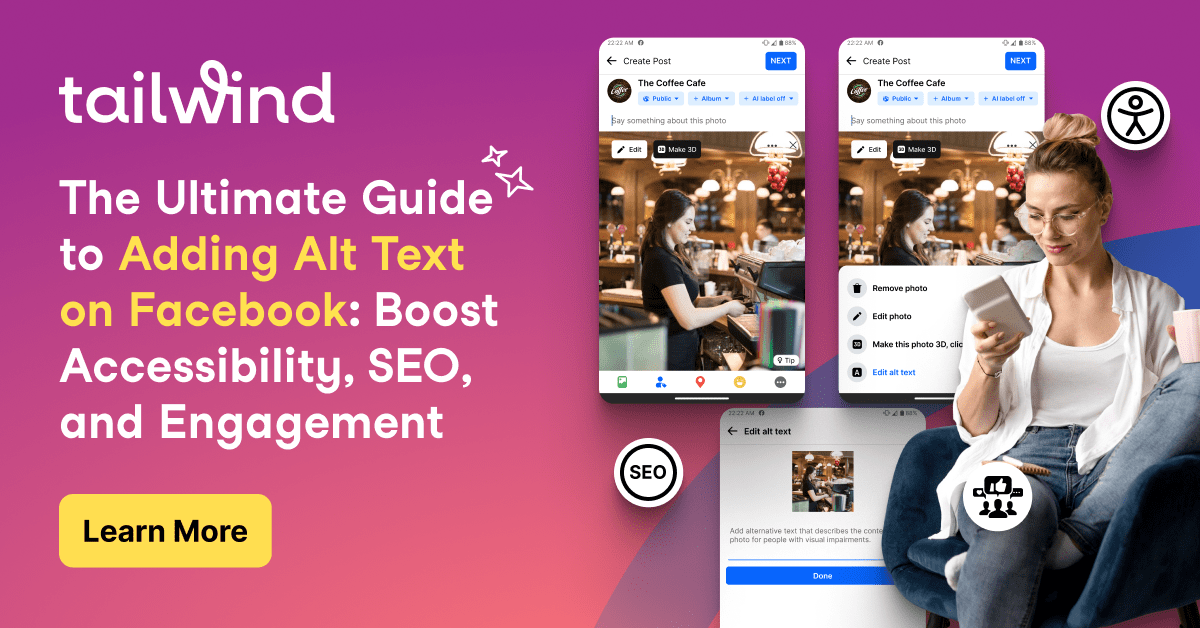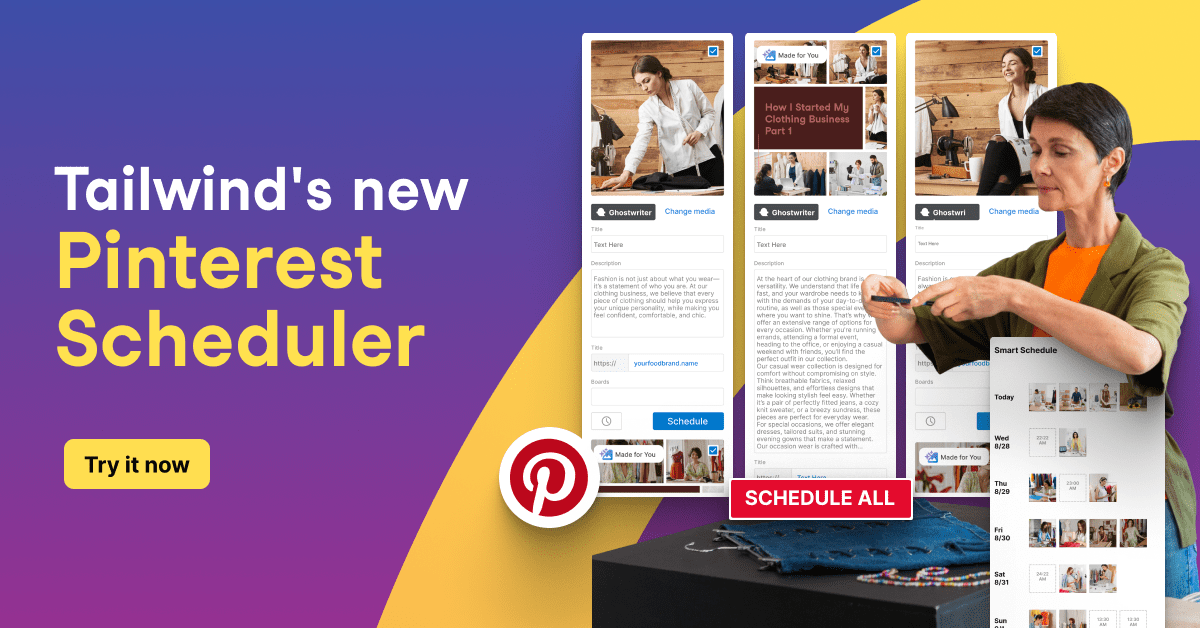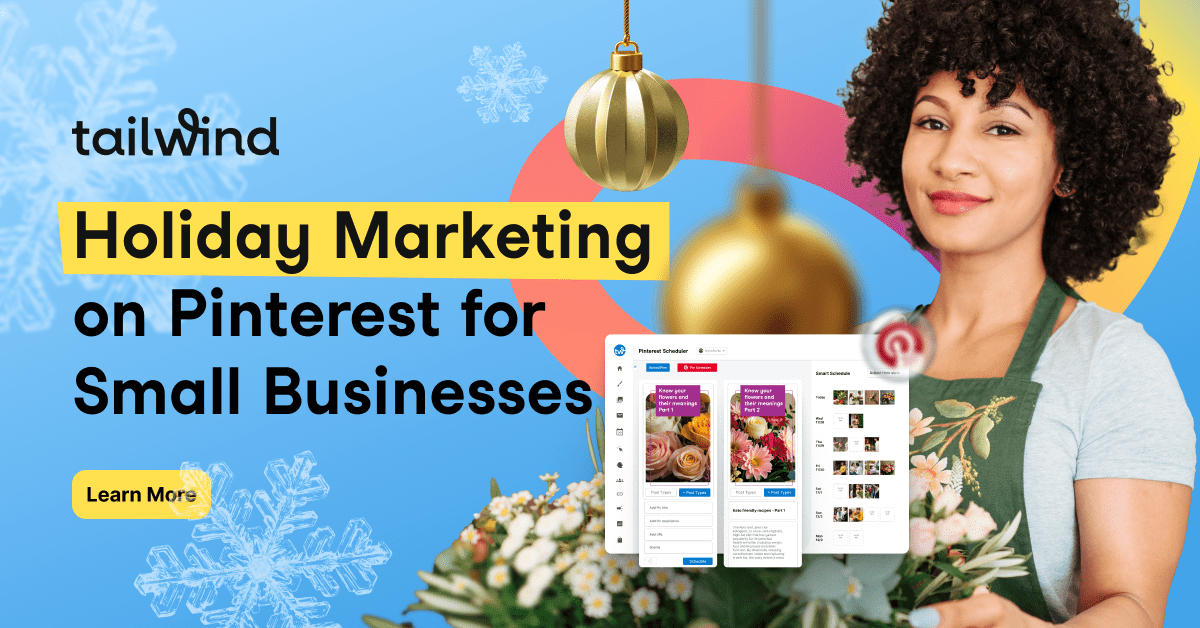
Whether you’re trying to grow your own influencer account on Instagram or using it as a marketing tool to drive sales, Instagram is one of the most powerful social media tools at your disposal.
That may be because, according to Instagram, 90% of users on the platform follow at least one brand or business. Not only that, but one study estimates over 35% of decision-makers use Instagram to inform their B2B purchasing decisions too—even more than Linkedin.
That makes a powerful argument for selling on Instagram! But if you don’t know what you’re doing, Instagram marketing can also be frustrating, discouraging, and overwhelming.
Many social media marketers spend hours each week planning a perfect Instagram, only to see discouragingly small growth and engagement numbers.
To remedy this all-too-common issue marketers face, we’ll use well-known psychological studies and more recent Instagram marketing science to reveal 7 “No-No”s when it comes to your Instagram marketing.
If you’re routinely committing any of the Instagram “sins” we mention below, dive deeper into your own engagement and follower data and consider dropping these bad habits.
No-No #1: You’re a Little Too Polished
The reason people love Instagram is because it provides a visual window into the life of a person or brand they’re interested in.
And while it’s pretty clear that no one is 100% honest or transparent on social media all the time, studies show that keeping things genuine will boost consumer trust and even sales or engagement.
Cialdini’s principle of social proof reminds us that we are more inclined to take an action if people who seem similar to us have taken that same action.
One study found users were more likely to follow an Instagram account that posted images of featured customers to their account.
What does this mean for your Instagram account? Here are a few things to consider:
- Avoid highly photoshopped images, opting instead for real-life images of people
- Avoid too many images with text or graphic design elements; users come to Instagram for images
- Include images of people who resemble your target audience. The more your followers “see themselves” using your product, the better.
No-No #2: You’re Unpredictable & Infrequent
Few companies have the luxury of hiring a full-time Instagram marketer. And few influencers have the luxury of working on their account full-time!
All of this leads to one simple truth: none of us have as much time to post on Instagram as we want to.
Unfortunately, for many of us, this can lead to unpredictable posting schedules and large gaps in our posting calendar.
But beware: science shows that the most successful Instagram accounts post frequently and consistently.
In our own study of over 100,000 Instagram users, we found the more often you post on Instagram, the more likes and followers you gain.
Our findings suggest that accounts who post at least once per day, seven days per week, grow their following significantly faster than accounts who post less than seven times in a week.
Frequency leads to high engagement, which the Instagram algorithm loves, rewarding your account with even more engagement and followers.
Consider scheduling out your Instagram posts in order to get ahead of your own schedule and keep up the consistency!
And if you can’t quite manage to post on a daily basis yet, don’t worry: there’s also a strong positive correlation between consistent posting and account growth.
One study found that accounts who were more consistent and predictable in their posting saw an increase in followers and engagement.
And Tailwind can help! Create unique Instagram posts, visually plan a scroll-stopping feed, and set a schedule to keep you rhythmic and consistent while posting at peak times of engagement!
No-No #3: You’ve Got a Static Bio
When one of your hard-earned followers actually wants to learn more about you or even purchase something you have for sale, can they do it easily?
The default behavior for Instagrammers is to put a “link in bio” (a long-used work-around for Instagrams “no links in captions” rule).
But many big accounts don’t utilize their Instagram bio to convert followers into customers!
And while research shows no correlation between your bio’s length and the number of followers you have, if your bio never changes and your bio link is never updated you’re missing out on some big opportunities.
We recommend implementing Smart.bio to house one link that auto-updates with all your content as it goes live!
No-No #4: You’re Not Leveraging Instagram Stories
You may not include Instagram Stories in your Instagram marketing strategy. According to the most recent data, that’s a big mistake.
According to a Facebook-commissions survey, 58% of users who watch stories at least once per week say they have become more interested in a company or product after seeing something about it in Stories.
Not only that, but the same report claims 50% of people surveyed admitted to having made a website purchase after seeing a product or service in Stories.
Instagram Stories are a huge opportunity for social marketers. Instead of turning a blind eye to this growing trend, we suggest you dive in with both feet.
If you’re short on time, consider using an Instagram Stories background template in Tailwind Create to get started. You can then seamlessly schedule your Story creation and post with a push notification!
No-No #5: You’re Asking Too Much; and Giving too Little
Years ago, a university professor was featured on NPR for his experimentation with the Rule of Reciprocity.
In essence, here’s what happened:
The professor sent out 600 holiday cards to complete strangers at Christmastime. As a result, he got 200 holiday cards back from these same strangers. That’s a 33% reciprocity rate.
So what does this humorous study mean for your Instagram account?
If you’re asking for a sale, a like, or a follow too often without giving back to your community, then you’re working too hard in the wrong direction.
Social Media expert Gary Vaynerchuk calls this “jabbing” more than taking a “right hook.”
Instead, try this: for 2 weeks, just follow people in your target audience, comment on their photos, complement their posts, and give away free stuff if you can afford it in an Instagram giveaway (free digital products with no strings attached or free swag like stickers or t-shirts).
Then sit back and watch the law of reciprocity go to work for you. You’ll be amazed at the goodwill, followers, and engagement you’ll generate.
No-No #6: You’re making too many cold pitches
Along the same lines as sin #5, if you’re asking for the sale too many times on your Instagram account, you’ll find yourself with a decline in followers and low engagement.
To reduce follower loss and increase sales, it’s important that you’ve appropriately prepared your audience long before you ask them to get out their credit cards.
In other words, you’ve got to warm up your leads. This all starts by getting your “foot in the door.”
One study on the foot-in-the-door strategy performed in the 60s aimed to see how many homemakers would allow a visitor to enter their home and observe their cleaning habits (a rather large commitment).
Three days prior to their request, researchers telephoned 50% of participants to ask a few questions about their cleaning supplies.The women who responded positively to the initial telephone call (foot in the door) were 2x more likely to respond positively to the second request.What does this mean for your Instagram account?
Start with small requests (share a post with a friend, tag a friend in the comments) and work your way up to larger requests (purchase my product, sign up for my service, schedule an appointment).
The idea is to leverage the “foot in the door” strategy to your advantage to generate more eventual sales by building trust.
No-No #7: You’re Not Repeating Yourself Enough
You might think it’s annoying to your followers for you to post about the same things over and over again.Research shows just the opposite.
One researcher showed this by displaying a series of foreign characters to a group of participants and asked them to assign meaning to each symbol. Over time, the participants began to assign more favorable meanings to the symbols they saw more often.
Another pair of scientists displayed just how strong repetition can be when they showed their participants an octagon for only milliseconds among other shapes.
After a short time, they found that participants “developed strong preferences for objects that have become familiar through repeated exposures” even if those objects were not immediately recognizable.
In layman terms: people begin to like things they’ve seen a lot.
Even if they’re just momentarily scrolling past you in their Instagram feed, that repetition can be the difference between your audience recalling you or your competition when the time comes for a purchase.
Putting all this “science” to good use
To wrap this up, allow us to offer some advice about following science and social media marketing tips.
Things change fast. Every account is different. Every audience is different.
And while many of these tactics will work well for most people, there may be some here that are a total flop for you. That’s okay!
The idea is to test as many things as possible, find out what works for you, continue to iterate, learn, and grow.
That’s the fun of social media marketing. And if we here at Tailwind can help along the way, that’s what we’re here for. Go get ‘em!





